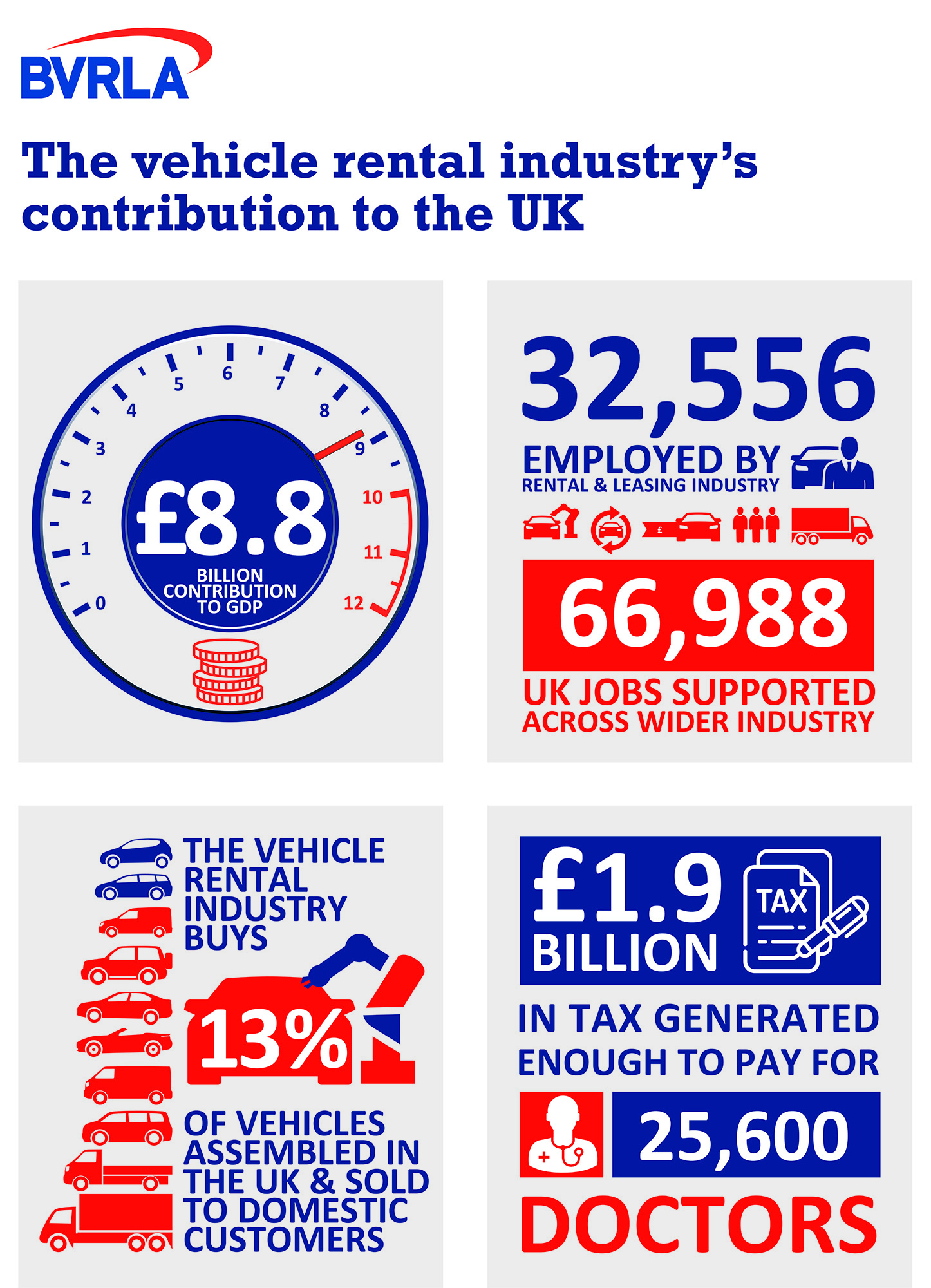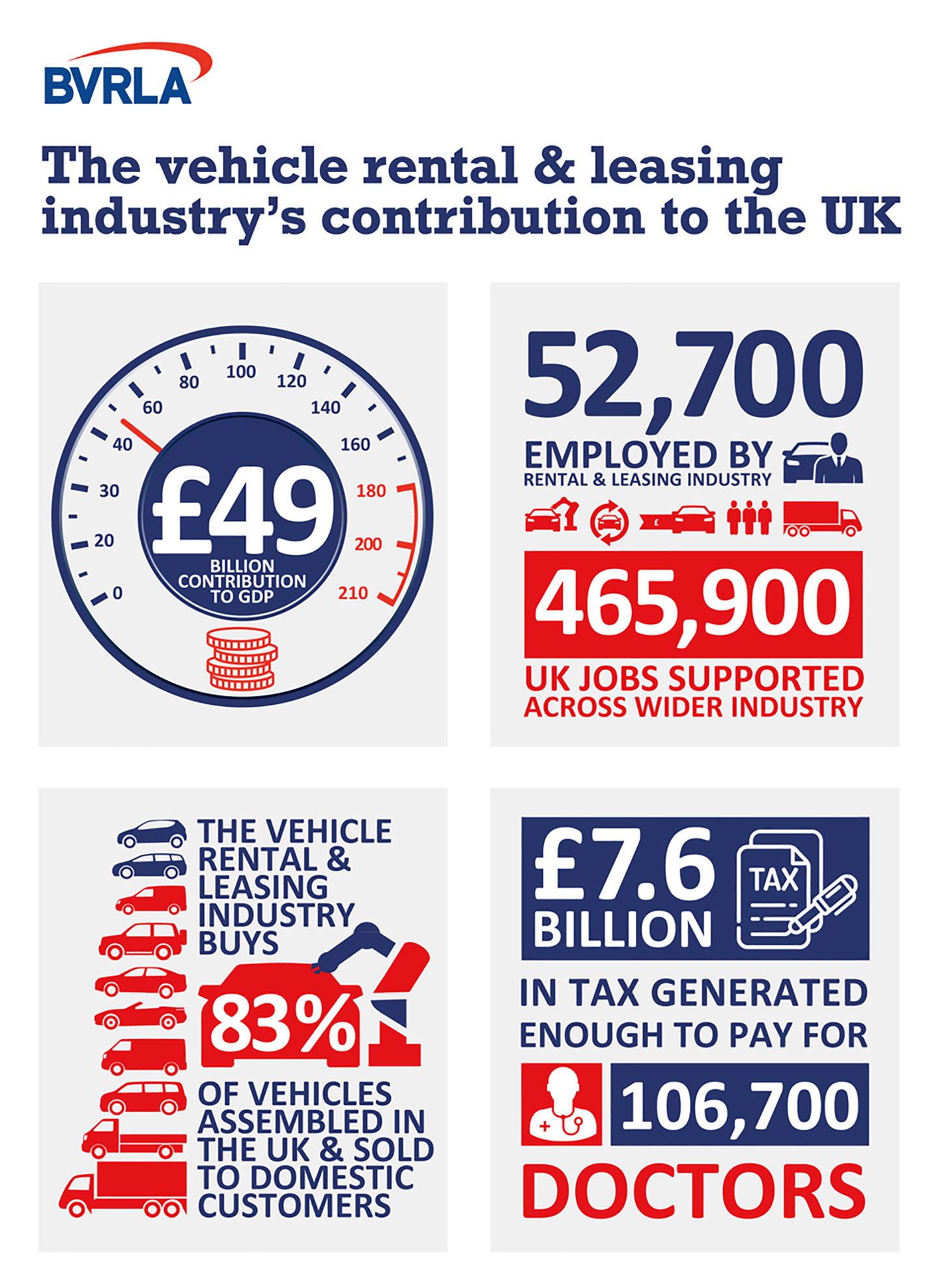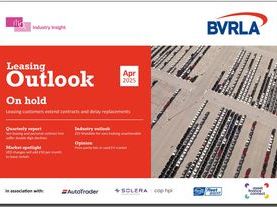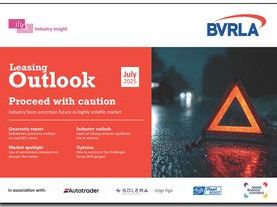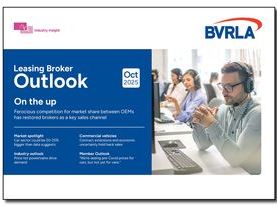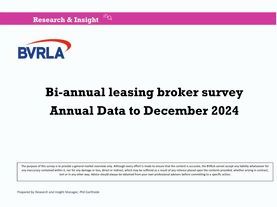The motor vehicle leasing and rental industry accounts for more than one in every seven vehicles on the UK’s roads, solving transport issues for businesses and individuals alike.
The opportunity to lease and rent vehicles offers firms and households access to modern, fuel-efficient vehicles without the strain of upfront capital expenditure. But beyond the benefits enjoyed by its customers, the industry also contributes a huge amount to the national economy, as outlined in this report.
The activities of the vehicle rental and leasing industry contribute around £49bn per year to the UK economy, support over 465,000 jobs and generate £7.6bn in taxation annually. This £49bn contribution is inclusive of the operations of the industry itself, the UK-made vehicles and engines it purchases, the activity of UK dealerships and its impact on the used car market. Broken down this means the industry employs 52,700 people directly and contributes £23.9bn from rental and leasing activities.
Rental and leasing companies spent an estimated £30bn on buying over 1.8million vehicles in 2017, which includes £5.4bn spent on 304,000 UK-assembled cars, vans and trucks. This means that they were responsible for 83% of all vehicles assembled in the UK which were sold domestically. The industry also purchased 418,900 vehicles with UK-made engines.
By purchasing so many UK-made vehicles and engines, the rental and leasing sector supports an estimated 78,000 jobs at major manufacturing plants in Ellesmere Port, Sunderland, Oxford, Swindon, Bridgend and Dagenham, as well as the extended supply chain. Results of the research also show the industry has an impact across the length and breadth of the UK, most notably in the South-east where its activities account for a £6.7bn contribution to GDP.

